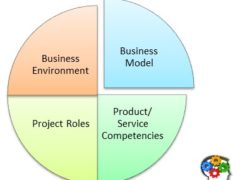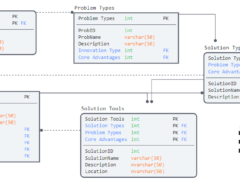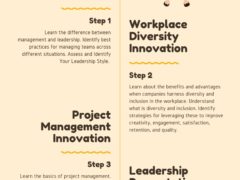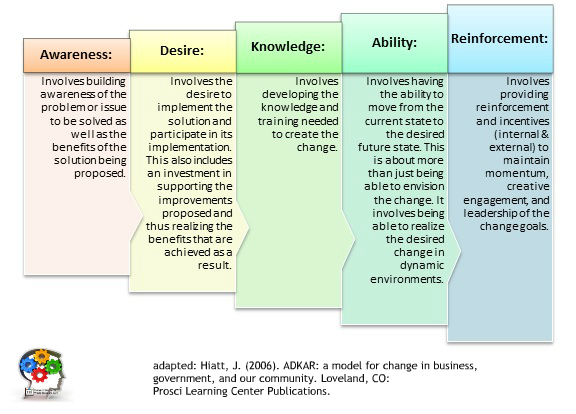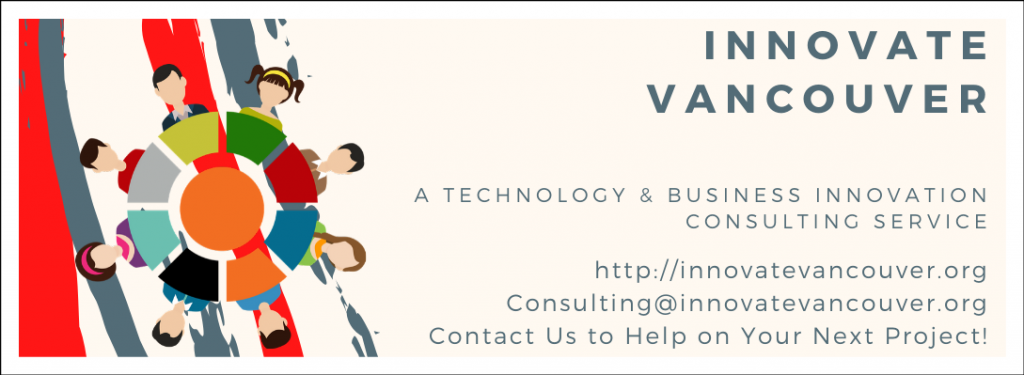Working assumptions involve just about everything that occurs in the workplace. How a specific task must be carried out. How interaction is supposed to proceed. A functionality that is supposed to be added. The requirements attached to a specific output. Unfortunately, despite being prevalent in the workplace, these assumptions are often unspoken and yet influence how things are perceived.
Working Assumptions

Evaluating an output on unspoken assumptions is prevalent throughout society, but is it fair? Is it right to test an output based on information? Should assumptions not available to the point of origin be used? The answer may depend on whether the output is a process or a product. It may also depend on whether it is a value and how their characteristics were generated.
A colleague directed to carry out an ill-defined task may be weighted differently. This is unlike a product created without delivering the needed functionality to compete in a business space. The former may be the result of human error where the latter may be the result of an errored process. The difference is in the how information was transmitted and the response that results from the errors created.
Data Models
Data models are particularly prone to the risks of unstated working assumptions. How data is evaluated depends on the model reference. Data models are typically spreadsheets. They are also datasets collected to answer a series of questions. Each number, or data unit, can be used to describe the construct measured. But how the construct, and its corresponding data-based description, is evaluated will depend on the metamodel used.
Consider the following metamodel examples:
| MetaModel | Definition | Example |
| ADKAR Change Management | ||
| Situational Leadership Coaching | ||
| Project Management | ||
| Systems Planning | ||
| Return on Investment | ||
| Efficiency | ||
| Value | ||
| Quality | ||
| Productivity | ||
| Impact | ||
| Key Performance Indicators |
One person’s working assumptions may not match another’s assumptions. These must be made explicit. They should be captured in the ‘output requirements.’ Otherwise, the chance of a deliverable matching the stakeholder’s expectations is almost left to chance.
Language
How ideas are shared and transmitted depends how and if they can be digested.
Closed circuit business cultures often emphasize acronyms, abbreviations, and shortcode references. They will lose information and saliency when shared with members outside the group.
Reliance on these types of ingroup vocabularies also limits construct evaluation, breakdown, knowledge transfer, and assimilation.
This can also reinforce a status quo that has proven inefficient and counterproductive over time.
The constraints to knowledge acquisition are many. The study of social constructivism theory supports the realization that knowledge is a social construct. It is determined by social processes.
William Lynch (2016) offers an insight into the structure of knowledge through the study of education and social constructivism:
“Social constructivism teaches that all knowledge develops as a result of social interaction and language use [limited vs. unlimited], and is a shared, and not an individual, experience.”
William Lynch
“Knowledge is additionally not a result of observing the world, it results from many social processes and interactions. We therefore find that constructivist learning attaches as much meaning to the process of learning. It values the acquisition of new knowledge equally. In other words, the journey is just as important as [and determines] the destination.”
Innovation
How innovation is defined depends on the context. Innovation can be viewed as continuous, incremental, and disruptive depending on the point of departure. What may be seen as continuous in one business context might actually be disruptive in another. This is often due to its novelty. This is one reason why innovation is not a one-size-fits-all endeavour. It requires a unique approach. This approach should be tailored to join together the business environment, product/service competencies, project roles, and business model.
Travis Barker, MPA GCPM
Innovate Vancouver
Innovate Vancouver is a Technology and Business Innovation Consulting Service located in Vancouver, BC. Contact Innovate Vancouver to help with your company’s next project.
